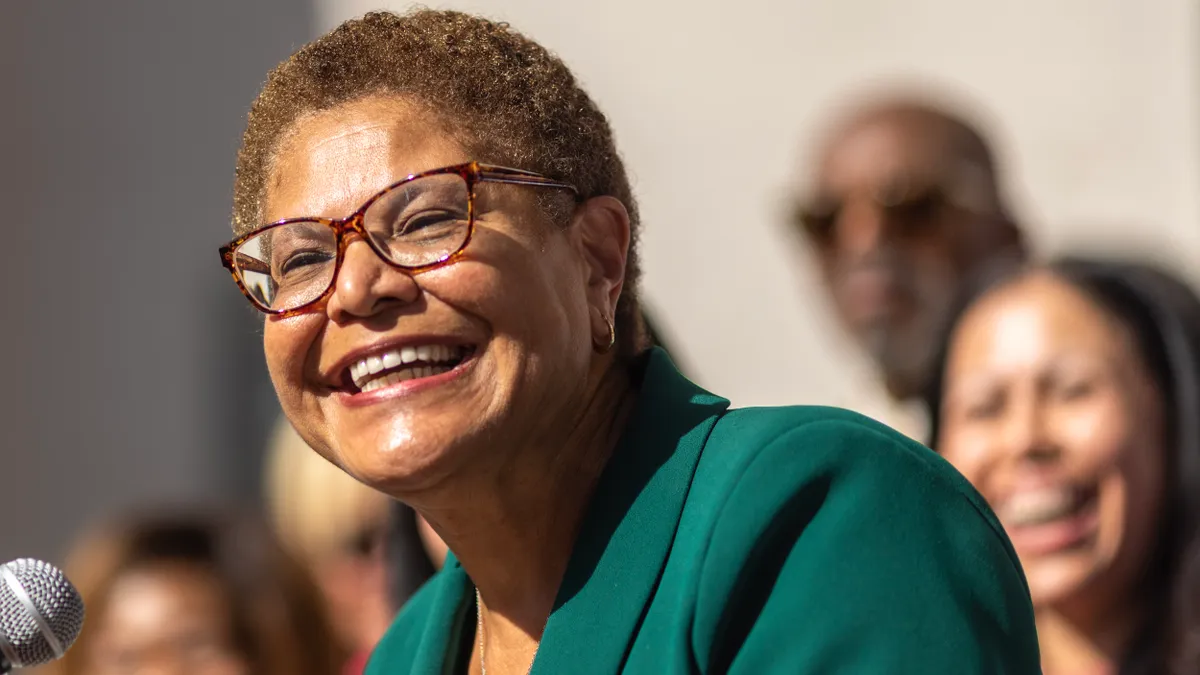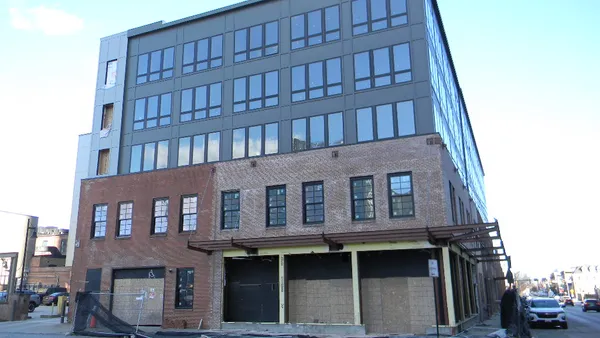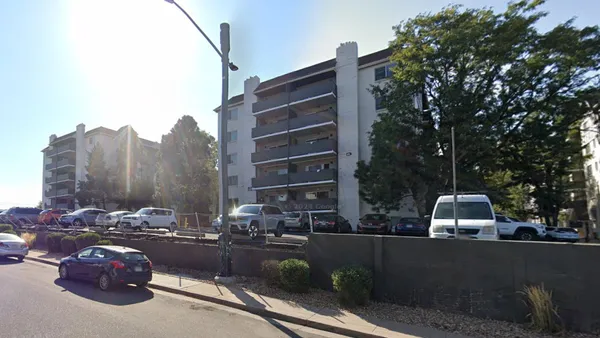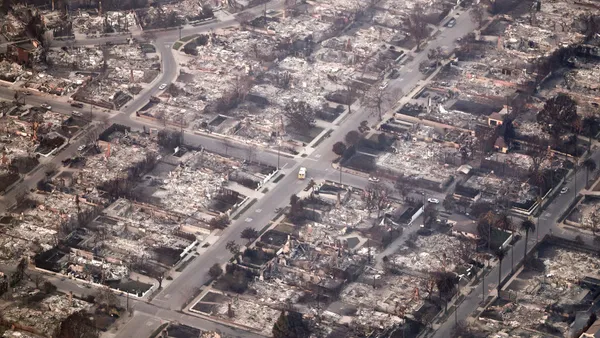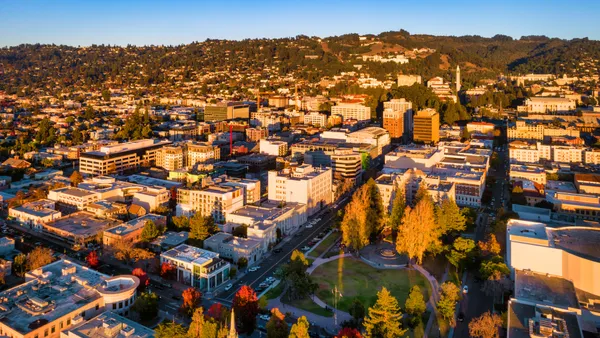Dive Brief:
- Karen Bass, Los Angeles’ newly sworn-in mayor, signed an executive order on Friday expediting the process for approving affordable housing projects to address the city’s affordable housing and homelessness crisis.
- Through the executive order, the city will complete the approval process of housing developments that are 100% affordable within 60 days. And, after construction starts, the permitting, utility and certificate of occupancy process will be completed within five days, Bass said during Friday’s press conference.
- During an appearance on NBC’s Meet the Press on Sunday, Bass also said the city would move many people who are homeless and living in encampments into hotel and motel rooms. The Inside Safe program would not force people to move into those spaces and would not include the city clearing homeless encampments, Bass said.
Dive Insight:
In her first official action as mayor last week, Bass declared a state of emergency on homelessness instructing city departments to speed up the approval process for affordable housing development projects. Before becoming mayor, Bass said she would bring indoors 17,000 of the estimated 40,000 people experiencing homelessness in the city during her first year in office, the Los Angeles Times reported.
The Inside Safe program would provide immediate shelter for unsheltered residents, while Friday’s executive order would help increase the number of affordable units available to those experiencing homelessness.
“As mayor, I will not accept any delays of any kind when it comes to the homelessness emergency,” Bass said during Friday’s press conference.
The length of time it takes to build affordable housing raises project costs, Bass said. “Key to reducing that amount of time is cutting red tape and speeding the construction timeline that will save precious dollars that can be spent on more housing and more solutions for our homelessness crisis,” she said.
Dora Leong Gallo, CEO of A Community of Friends, a local nonprofit that aims to reduce homelessness among people with mental illness, highlighted during the press conference a 16-year process of getting approval for the construction of a housing development consisting of 49 units, most of which are dedicated for people experiencing homelessness. She pinned some of the blame for the delay on the city’s processes.
“After we secured our funding, we began the laborious process of securing building permits and all of the clearances that are needed to start construction,” Leong Gallo said. “It was one hurdle after another,” trying to secure more than 30 permits across multiple city departments and undergoing months-long hearings. While the project is now in development, Gallo said the executive order would help “dozens” of other affordable projects throughout the city.
Many U.S. cities have taken steps in recent years to address homelessness. Cities have collectively spent billions on building and preserving affordable housing and shelters. Some cities have passed laws making it illegal to camp in public spaces. Others, such as Houston, have implemented housing first policies, which provide unhoused individuals with a permanent home and a social worker that connects them with supportive services such as drug treatment, mental health care and job training.
A total of 582,462 people throughout the United States experienced homelessness on a single night in January 2022, the U.S. Department of Housing and Urban Development said in an annual report Monday. While the total number of people experiencing homelessness remained relatively unchanged since the previous point-in-time count in 2020, unsheltered homelessness increased 3.4%.
Also, on Monday, the U.S. Interagency Council on Homelessness released a plan that aims to reduce homelessness 25% by 2025. The Biden administration also called on local governments to set their own 2025 goals and to use the plan as a blueprint for their localized approaches.



